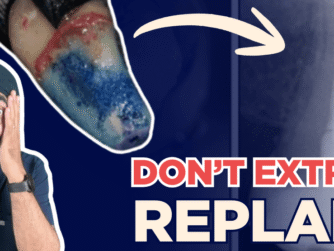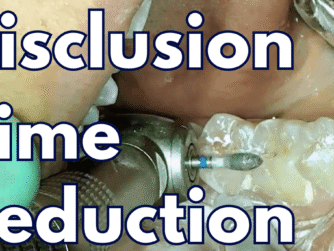Podcast: Play in new window | Download (Duration: 57:25 — 81.3MB)
Subscribe: RSS
My worst nightmare: a patient complaint.
We share with you a story of triumph as one of our colleagues SUCCESSFULLY defended a complaint. We reflect on the lessons learned and how to manage complaints (including the emotional side).
Dr. Gulshan Murgai spoke about a long and arduous case that was resolved in his favor, demonstrating that he has patience and determination in spades. We will also discuss the importance of attending risk management lectures and how to deal with this nasty situation you might face with unhappy patients.
Highlights of this episode:
- The scenario that led to the patient’s complaint 8:41
- Insurance-based scheme 16:40
- Patient’s Complaint 19:07
- Legal narrative 22:08
- Dealing litigation emotionally 31:29
- Emotional help for dentists 34:45
- Importance of risk management courses 38:32
- Lessons from the case 41:27
Head over to Confidental for Emotional Support for dentists in distress.
Connect with Dr Gulshan Murgai
If you enjoyed this episode, you will also love 10 Habits of Highly Successful (and Most Valued) Dentists







